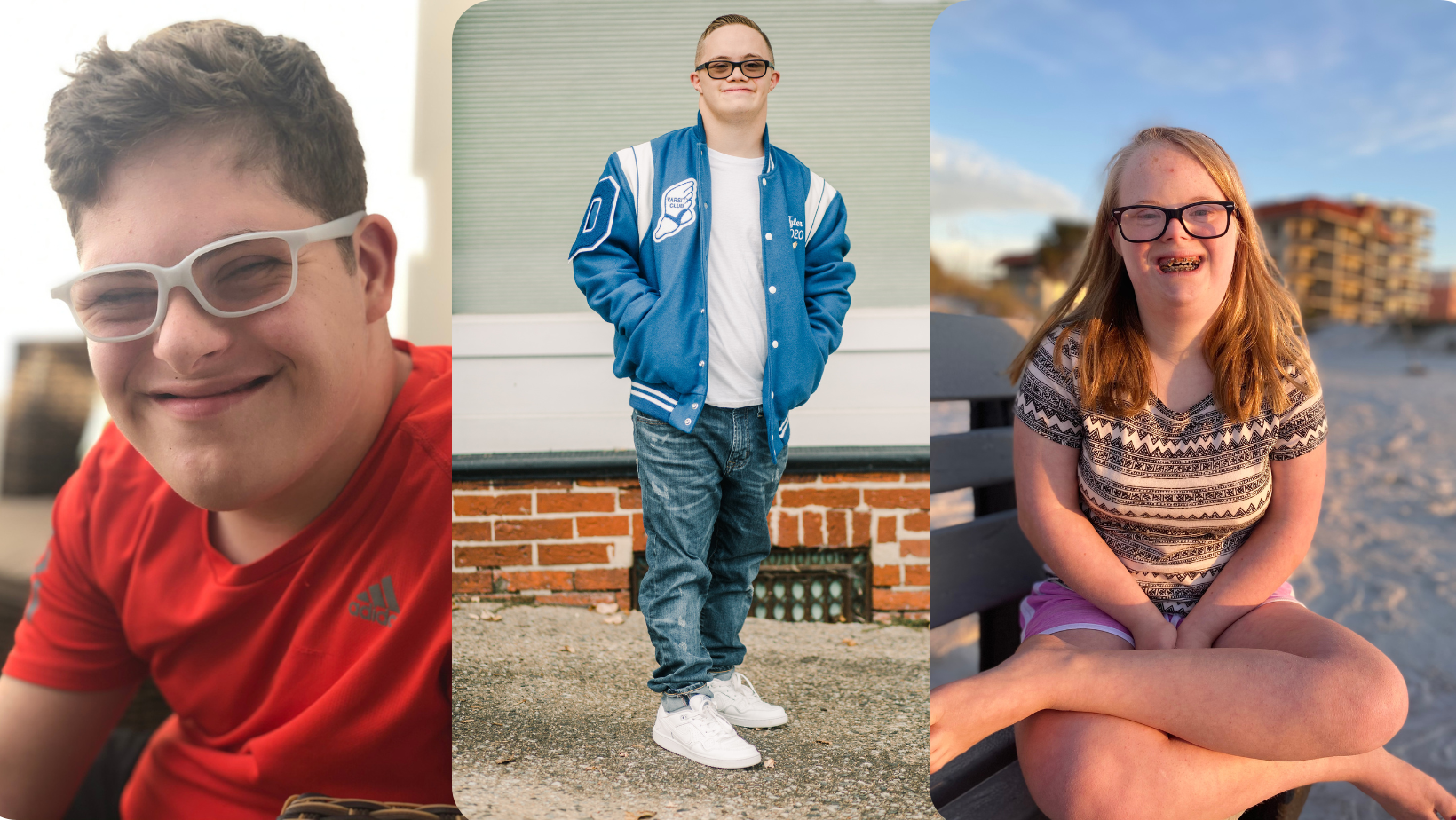Down syndrome regression disorder (DSRD), also referred to as regression, is a rare but serious disorder that occurs in some adolescents and young adults with Down syndrome. Regression is used to describe the loss of skills an individual has previously learned. These skills can be daily living, language, movement, or social skills. The loss is often sudden and occurs over a period of weeks to months.

Since DSRD may be caused by a variety of factors, the first priority is to determine the most likely cause. Individuals who are younger than 10 years or older than 30 years are very rarely diagnosed with DSRD. If these individuals are experiencing regression-like symptoms, a close look at all other factors must be taken before giving the diagnosis of DSRD. You can download our Down Syndrome Regression Disorder Checklist under the 'NDSS Resources' tab at the below.
In 2022, a group of medical experts with experience treating regression in patients with Down syndrome gathered to create the first criteria for diagnosing DSRD. These criteria provide guidance to physicians and families who do not have access to specialists in DSRD. There are eight clusters of symptoms linked to regression, and some are broken down into specific examples. Individuals who are experiencing four or more of the eight symptom clusters are considered “possible” cases of DSRD, meaning further investigation is needed. Individuals who have seven or eight of the eight symptom clusters are considered “probable” cases, meaning they are likely to receive a diagnosis of DSRD if no other cause can be found.
Symptoms
- Behavioral changes
- Eating much more or less than usual
- Confusion or disorientation
- Laughing or crying at inappropriate times
- Frequent changes in mood or rapid fluctuations between happiness, sadness, or anger
- Changes in thinking and processing of information
- Decreased visible emotions and empathy
- Lack of motivation and engagement
- Difficulty starting or finishing tasks
- Worsening memory
- Loss of functional and social skills
- Loss/worsening of previously learned skills like self-feeding, toileting, or dressing
- Decreased social interaction with friends, family, classmates, or coworkers
- Decreased eye contact
- Repetitive hand or body movements with no clear purpose
- New seizures or neurological deficits determined by a physician (weakness, slurring of speech)
- Difficulty sleeping or sleeping at irregular times
- Language difficulties
- Difficulty producing or understanding speech
- Increased difficulty with reading
- No longer speaking or speaking only in a whisper
- Irregular movements
- Lack of movement (sometimes with stiff and rigid muscles)
- Very slow movements or an unusual walking/running gait pattern
- Mental health symptoms
- New or worsened anxiety
- Delusions (untrue beliefs) or visual hallucinations (seeing things that are not there)
- Derealization (feeling detached from surroundings) or depersonalization (feeling of observing oneself from outside the body)
- Obsessive-compulsive tendencies such as lining up items, only talking about specific topics of interest, or difficulty tolerating changes in routine
- Aggression or agitation toward others
Treatment
There is currently no one-size-fits-all treatment for regression, and every patient requires a unique and personalized treatment plan. However, once you and your doctor have determined the most likely cause of the regression, the best treatment options can be discussed.
-
It is recommended that you seek consultation with experts who work in a multi-disciplinary team and include psychiatrists, neurologists, and/or a provider who is familiar with treating individuals with Down syndrome and regression.
-
If the regression is found to be due to a medical issue such as a psychiatric diagnosis, obstructive sleep apnea, inflammation or infection in the brain, vitamin deficiency, or toxin exposure, treating the issue may reduce the symptoms of regression.
-
The most commonly used treatments in persons with DSRD include benzodiazepines, antidepressants, antipsychotics, immunotherapy, and electroconvulsive therapy. Although many of these treatments are used in other conditions, in DSRD they are often used for symptom control.
It is important to remember every patient is likely to have a different treatment plan and what works for one patient may not always be the best intervention for you or your loved one.
References
Santoro JD, Patel L, Kammeyer R, Filipink RA, Gombolay GY, Cardinale KM, Real de Asua D, Zaman S, Santoro SL, Marzouk SM, Khoshnood M, Vogel BN, Tanna R, Pagarkar D, Dhanani S, Ortega MdC, Partridge R, Stanley MA, Sanders JS, Christy A, Sannar EM, Brown R, McCormick AA, Van Mater H, Franklin C, Worley G, Quinn EA, Capone GT, Chicoine B, Skotko BG and Rafii MS (2022) Assessment and Diagnosis of Down Syndrome Regression Disorder: International Expert Consensus. Front. Neurol. 13:940175. doi: 10.3389/fneur.2022.940175
External Resources
Regression resources page from the Advocate Medical Group at the Adult Down Syndrome Center
Children’s Hospital Los Angeles blog post on Down syndrome regression disorder
Updates in Down Syndrome Regression Disorder: Drs. Quinn and Santoro Discussion video
Reversing Course: Down Syndrome and Regression | The LowDOWN Podcast
Decline in Skills and Regression in Adolescents and Adults with Down Syndrome







